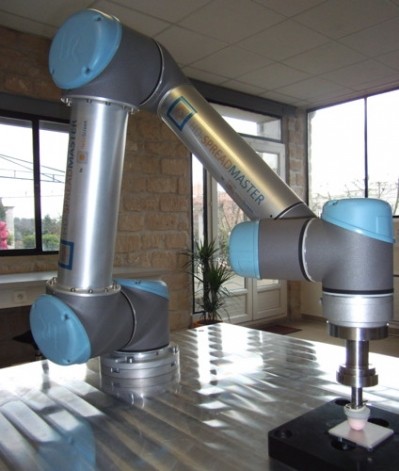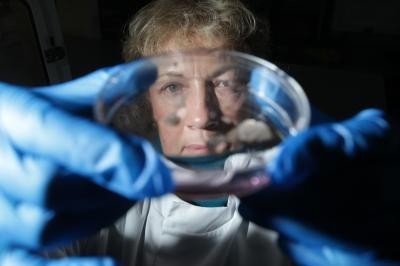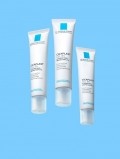Industry bodies back new in vitro nanoparticle safety test

The EC claims that 'InLiveTox', a small collaborative project under the NMP Theme of the European Commission's 7th Framework Programme has significantly advanced the capability of in vitro testing for personal care companies to assess whether nano-sized ingredients are safe.
Representitives of the Commission have stated that the project has gone “beyond expectations, delivering an exciting and innovative technology” while Brussels further added that; “It can be used as a testing and research tool in toxicology and pharmacology for any new chemical entity,” on the matter of it helping companies to comply with EU REACH chemical controls.
The project featured the development and implementation of a new approach for engineered nanoparticle risk assessment, focusing on the hazard of ingested nanoparticles and at the hazard of particles to the immune system.
With a specific focus on the impact of nanoparticle exposure on the gut, cardiovascular system and liver, researchers developed a modular fluidics based in vitro test system, which the EC highlights is of particular importance now that the EU has banned the sale of all cosmetics tested on animals
The project
The initative was established after increasing concerns about the safety of new active chemical ingredients used in cosmetics were further highlighted on the emergence of materials with dramatic new properties based on nanoparticles (NPs).
A consortium comprised of European members developed a novel modular fluidics-based in vitro test system and demonstrated its use to model the response of selected tissues to the ingestion of NPs. The results of which were validated by an in vivo study of NP biokinetics and toxicity by ingestion in rats carried out in parallel.
Technical outputs from the project include tested prototypes of a cell culture system that will be commercialized by partners from the consortium. Cell culture protocols and assay protocols for toxicity studies and screening of ingested NP toxicity will support the adoption of this new system by industry and the academic research community.
Currently commercial participants include the UK’s laboratory test experts, Kirkstall.













